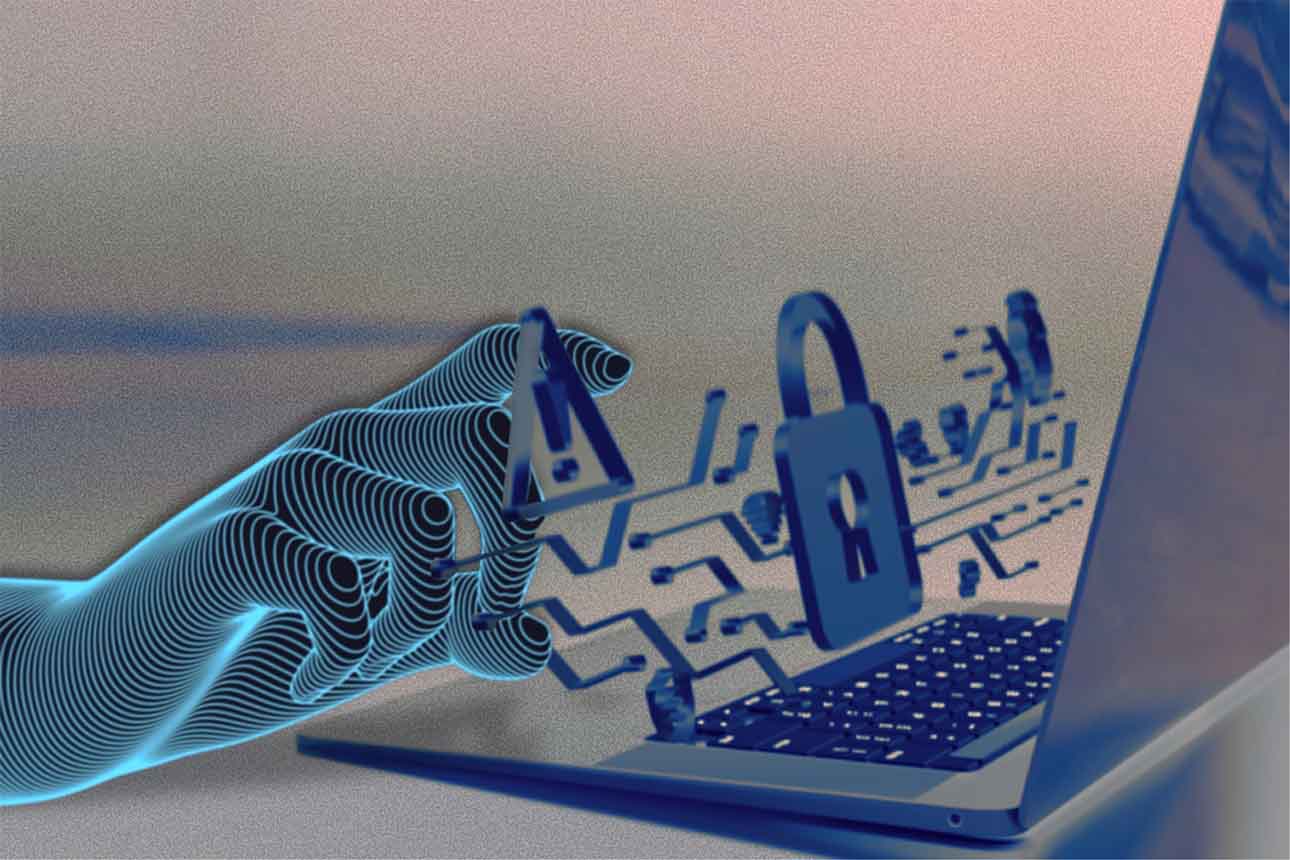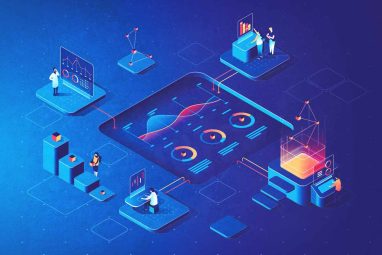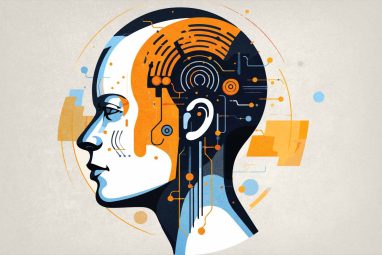Significant security breaches predicted for 2024, GenAI can strengthen response
According to Vectra AI, AI will cause social engineering attacks, but GenAI can support SOC teams
Topics
News
- Core42 and Qualcomm Launch Compass 2.0 to Boost AI Efficiency and Accessibility
- Data Debt Emerges as Core Business Issue for Enterprises
- Are Organizations Investing in AI Achieving Positive ROI?
- Are Increasing Breaches Due to the Cyber Skills Gap?
- What Are the Challenges Firms in the UAE and Saudi Arabia Face in GenAI Implementation?
- Enterprises See the Promise of Generative AI But Lack the Guardrails to Mitigate Operational Risks

[Image source: Anvita Gupta/MITSMR Middle East]
In 2024, cybersecurity costs will rise globally to $10.5 trillion by 2025 as cybercrime becomes more sophisticated. We will see more artificial intelligence (AI) being leveraged for nefarious uses, and social engineering-style attacks such as phishing are also likely to rise.
According to Vectra AI, it will be another turbulent year of disruption from increasingly complex ransomware, emerging AI-driven threats, an ever-expanding attack surface, and over-burdened security teams.
Chris Fisher, Vectra AI’s Director of Security Engineering APJ, says everyone should be on high alert for 2024 as attackers capitalize on network infrastructure and other vulnerabilities, with breaches having notable and lasting implications.
“While organizations have become better at putting traditional security systems in place, attackers are also getting more sophisticated by pivoting towards network infrastructure to gain entry.”
Fisher also believes that AI will have a transformative impact on attack and defense, with its footprint felt across most of the uncovered trends. “GenAI is like a search engine on steroids. From a defender’s standpoint, this can be hugely beneficial in aiding rapid and successful response. As more organizations embrace new GenAI initiatives, they must balance that speed of innovation with governance and greater accountability.”
Security endpoint breaches will decline
In 2024, expect a rise of breaches where attackers have exploited an existing vulnerability and can move laterally through a network. Security incidents will move away from compromised endpoints, ushering in a new era of threats primarily targeting federated identity systems, public clouds, and business-email-compromise (BEC). This new breed of attacks will exploit the vulnerabilities and relative immaturity of security practices related to cloud, identity, and SaaS applications.
AI causes a rise in next-level phishing and social engineering attacks
AI-powered attacks in the form of more convincing phishing attempts, automated malware creation, evasion of security measures, and personalized social engineering attacks will make it harder for traditional security tools to detect and prevent hackers. More specifically, Gen AI tools, such as ChatGPT, enable attackers to make smarter, more personalized phishing attacks in numerous languages on a mass scale, with deepfakes also increasingly prevalent. The response will largely revolve around organization-wide awareness and education, with AI-supported security, XDR, and zero trust playing an important role, too.
GenAI to support SOC teams and address cybersecurity talent shortage
While AI is expected to add security complexities, on the flip side, it has huge potential to support security teams. For example, GenAI can provide a toolset and rapid insights into security challenges and appropriate responses by compiling vast information and assimilating it into proposed solutions or approaches. This is especially pertinent as the cybersecurity talent shortage grows, and experts are hard to come by. Greater support via AI systems is also expected to help attract more talent to the industry. It’s also important to note the difference between GenAI and applied or adaptive AI. While the former may have useful applications, the latter is what drives true transformational change from a security standpoint.
Organizations understand the difference between XDR and zero trust
In recent years, zero trust has emerged as a dominant focus in the security landscape. However, zero trust isn’t a countermeasure; it’s an aspirational strategic approach, as with third-party systems and processes, an organization will inevitably trust an outside entity.
In 2024, there will be a rise in organizations understanding the difference between zero trust and the necessity of implementing robust security measures designed for this modern world, which is where extended detection and response (XDR) comes in. XDR underpins other strategies and innovation initiatives, including zero trust, to stop hackers in their tracks.
CISOs are welcomed into the boardroom out of sheer necessity
In 2024, cybersecurity is a strategic priority that can no longer be siloed in the IT department. Gartner has predicted that by 2026, 70% of boards will include at least one member with security expertise. A cybersecurity expert is able to understand the reality of threats and what is required to mitigate them, helping to educate other leaders of the organization on where investment and resources should be focused. In turn, this will help organizations to move beyond reactive defense and act on new business opportunities that come with being prepared.
Keen to know how emerging technologies will impact your industry? MIT SMR Middle East will be hosting the second edition of NextTech Summit.





